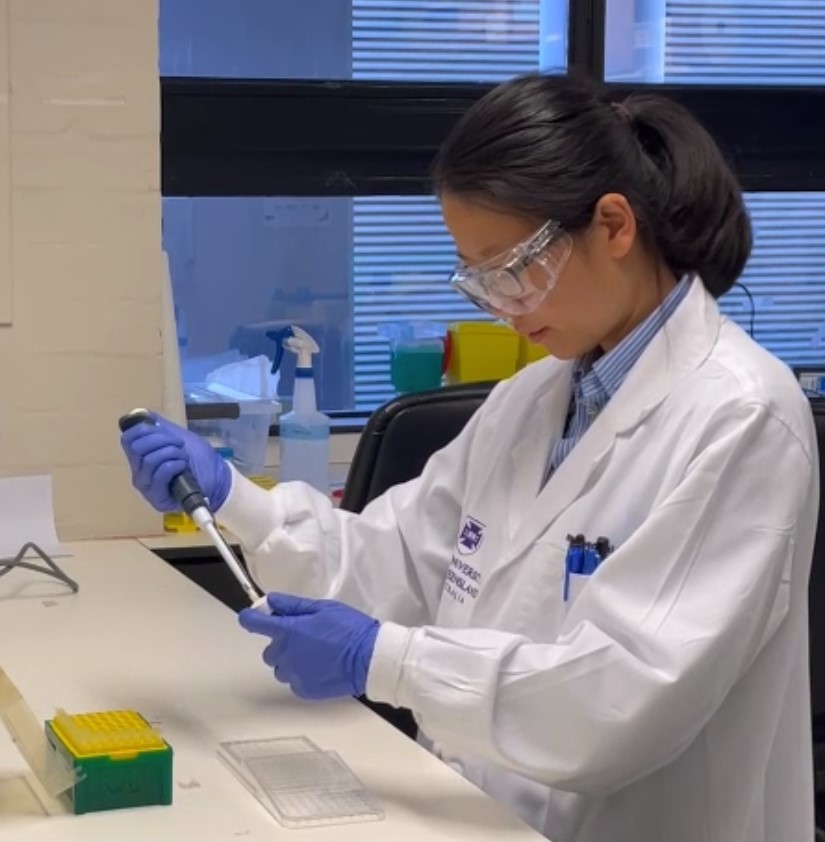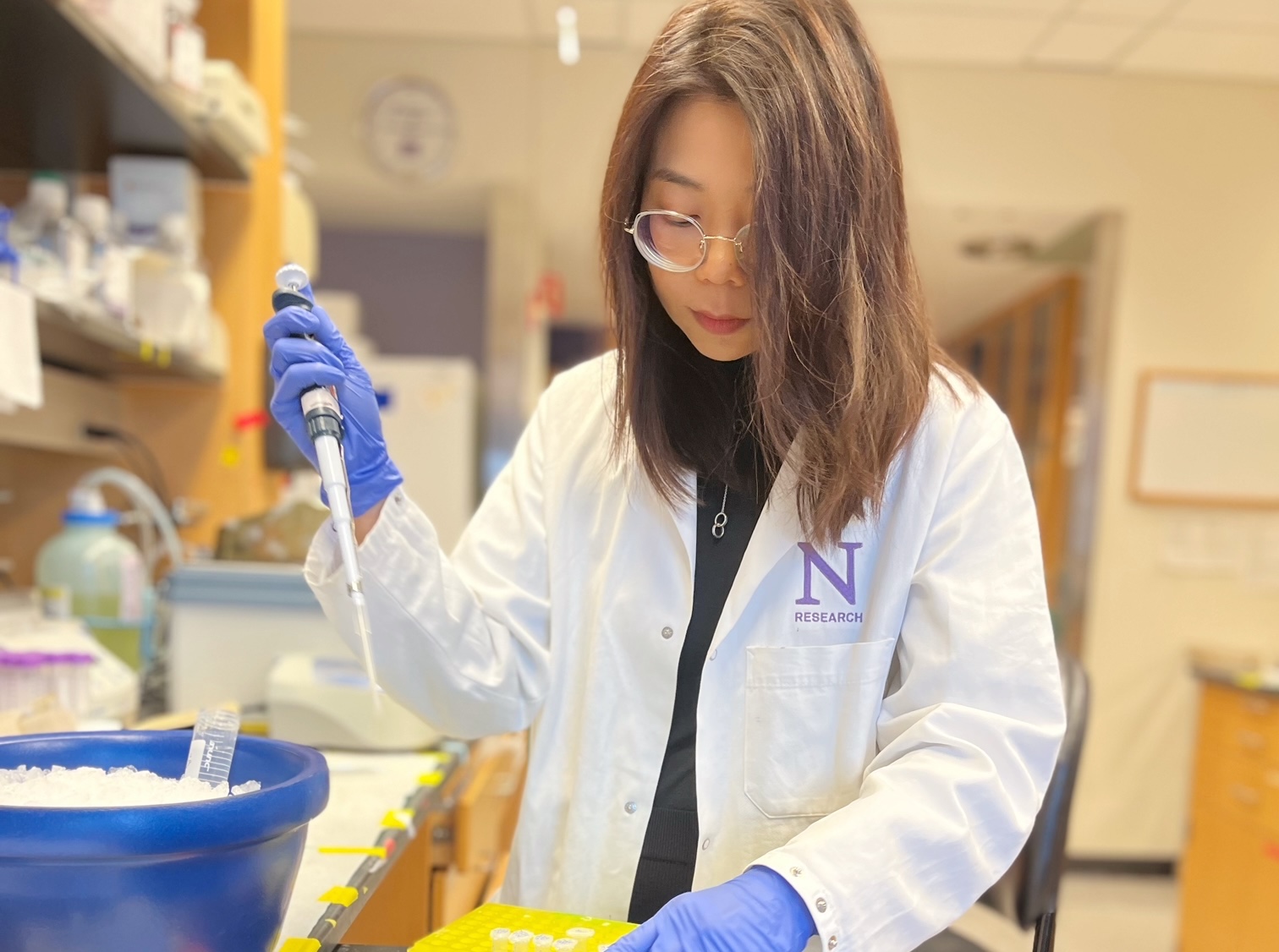Snap Summary: New findings could help develop better immune therapy for patients with the most common and lethal subtype of ovarian cancer.

A recent study co-authored by Dr. Sherry Wu of The University of Queensland, Brisbane, and made possible in part by funding from OCRA, is making inroads toward immunotherapy as a viable option for patients with high-grade serous carcinoma, the most common and lethal subtype of ovarian cancer.
In a statement to OCRA on the study’s significance, Dr. Wu shared how these findings may help patients in the future.
“Improving our knowledge on ways to modulate the tumor microenvironment, such that they are more susceptible to immune cell attack, can help us develop better immune therapy in the future for our patients,” said Dr. Wu.
“We gratefully thank OCRA for supporting this work. With the funding support from OCRA, we were able to comprehensively test the efficacy and mechanism of action for the immunostimulatory molecule we have identified. This work would simply not have been possible without this funding.”
This study, miR-146a inhibits ovarian tumor growth in vivo via targeting immunosuppressive neutrophils and enhancing CD8+ T cell infiltration, was published in Molecular Therapy Oncology, December 2023.
Dr. Sherry Wu’s grant was made possible by a generous donation from Ovarian Cancer Alliance of Greater Cincinnati, in memory of Vicki Borne. Learn more about OCRA’s Partners in Science program.


